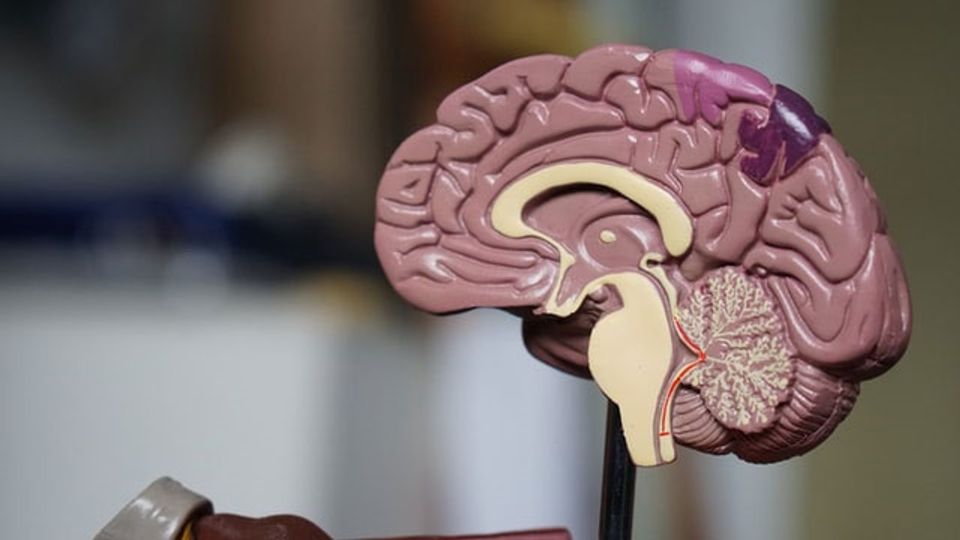Smaller Hippocampus Linked to Cognitive Decline
Shrinkage of the hippocampus is associated with cognitive decline, even in people who don’t have amyloid plaques in the brain.

Complete the form below to unlock access to ALL audio articles.
With the rise of new drugs that can target the amyloid-beta plaques in the brain that are an early sign of Alzheimer’s disease, new ways are needed to determine whether memory loss and thinking problems are due to Alzheimer’s disease or another neurodegenerative disorder. A new study published in the November 15, 2023, online issue of Neurology®, the medical journal of the American Academy of Neurology, shows that shrinkage in the hippocampus area of the brain is associated with cognitive decline, even in people who don’t have amyloid plaques in the brain. The hippocampus plays a role in memory.
“These results suggest that neurodegenerative diseases other than Alzheimer’s are contributing to this decline, and measuring the hippocampus volume may help us evaluate these causes that are currently difficult to measure,” said study author Bernard J. Hanseeuw, MD, PhD, of Harvard Medical School in Boston. “This could help us better predict who would respond to these new drugs as well as people’s trajectories of cognitive decline.”
The study involved 128 people with an average age of 72 who had no thinking or memory problems at the start of the study. The participants had several types of brain scans throughout the study to measure the amount of amyloid plaques and tau tangles in their brains, as well as the volume of the hippocampus. The tau protein is another biomarker of Alzheimer’s disease. The participants also had yearly cognitive evaluations over an average of seven years of follow-up.
Want more breaking news?
Subscribe to Technology Networks’ daily newsletter, delivering breaking science news straight to your inbox every day.
Subscribe for FREE“These results emphasize that dementia is a complex condition with many underlying causes and suggest that types of dementia other than Alzheimer’s disease may contribute to shrinkage in the hippocampus and cognitive decline,” Hanseeuw said.
A limitation of the study was that most participants were highly educated and white people, so the results may not apply to all people.
Reference: Hanseeuw BJ, Jacobs HI, Schultz AP, et al. Association of pathological and volumetric biomarker changes with cognitive decline in clinically normal adults: Harvard Aging Brain Study. Neurol. 2023. doi: 10.1212/WNL.0000000000207962
This article has been republished from the following materials. Note: material may have been edited for length and content. For further information, please contact the cited source.



